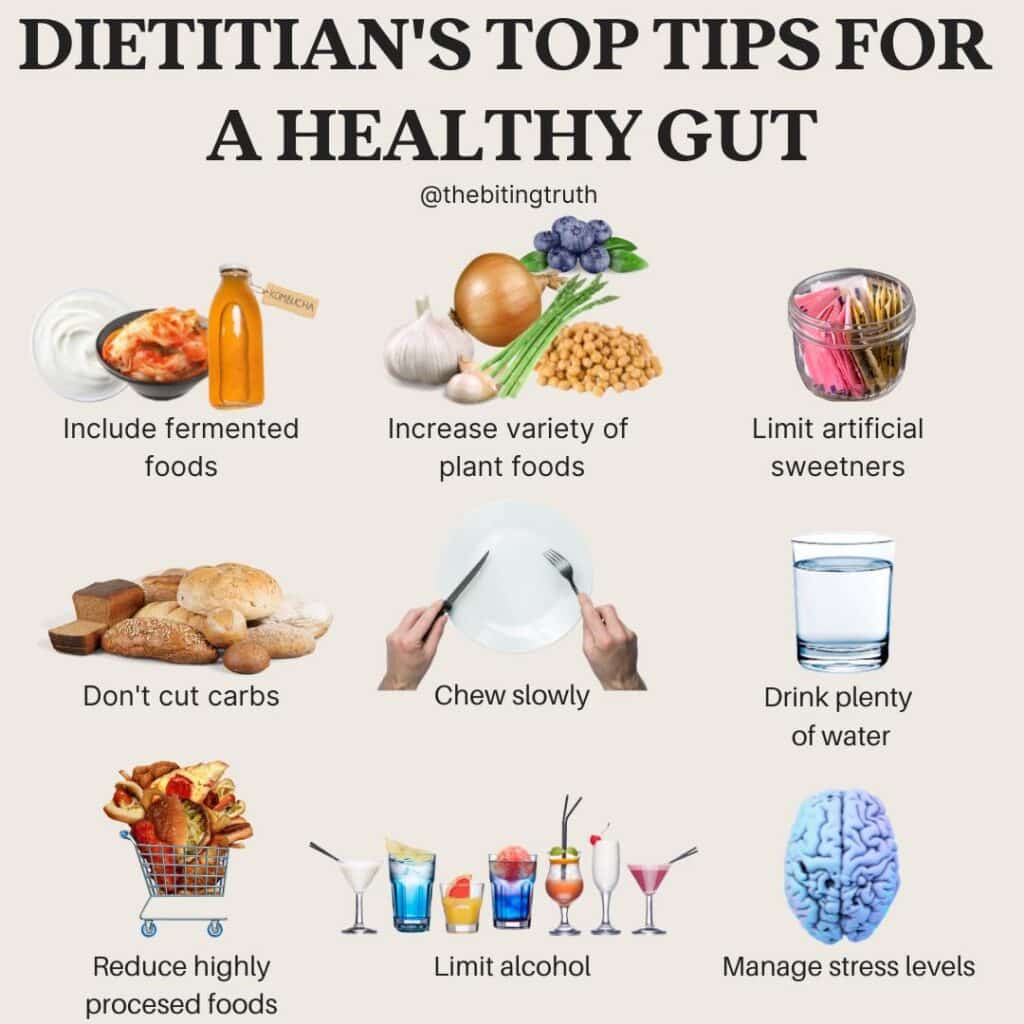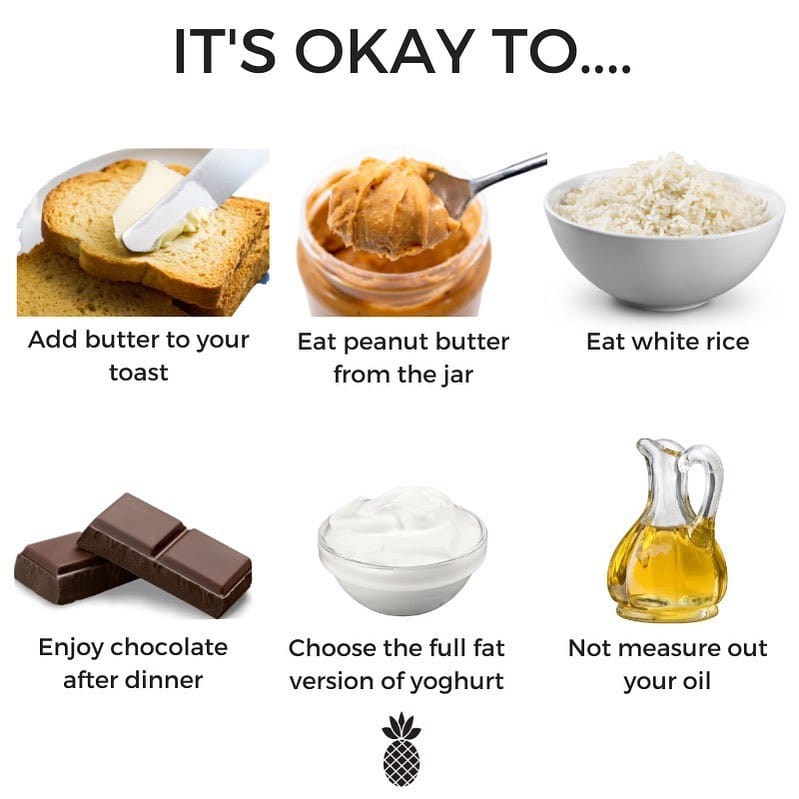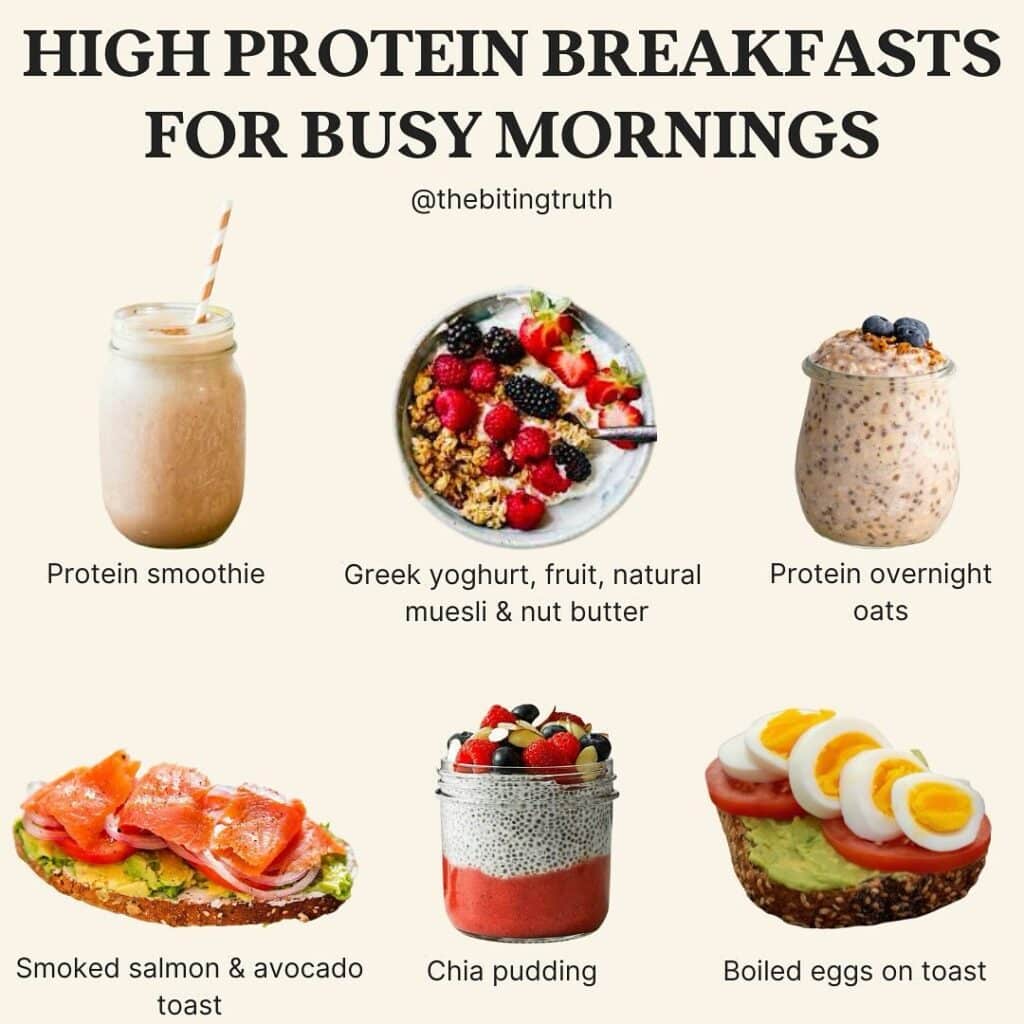Free shipping for orders over $80
Free shipping for orders over $80
“Go with your gut!”—it’s a familiar phrase that many of us have used, but it turns out there’s more truth to it than you might expect.
Emerging research is revealing a fascinating connection between gut health and both our mood and immune system, highlighting its crucial role in overall well-being. As this new information gains traction, social media has eagerly embraced gut health as the latest trend. While this buzz has certainly raised awareness, it can also lead to confusion about the terminology and concepts involved.
If you’re curious about what ‘gut health’ really means and how it relates to your diet, you’re in the right place. We’ve created a comprehensive guide to help you navigate the complexities of gut health and understand its impact on your life.
All these phrases refer to the diverse community of bacteria residing in your gastrointestinal tract. Much like our fingerprints, each person has a distinct composition of gut bacteria, sharing only a limited number of species with others. While bacteria often have a negative connotation, it’s important to recognize that our gut contains both beneficial and harmful bacteria. Understanding this balance is key to appreciating the role these microorganisms play in our overall health.
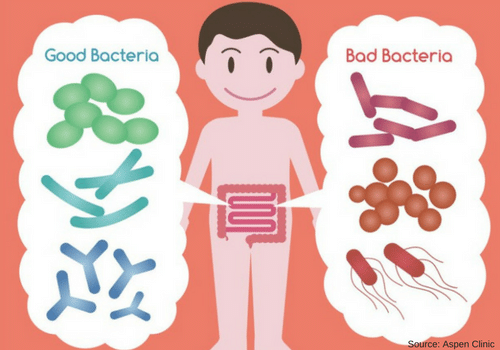
Probiotics are live bacteria that are naturally found in our gut and in our food. They improve our health by reducing the number of harmful bacteria that may survive in our gut. They also boost our immune system, assist with digestion and reduce symptoms of IBS. You’ll find these in fermented foods such as:
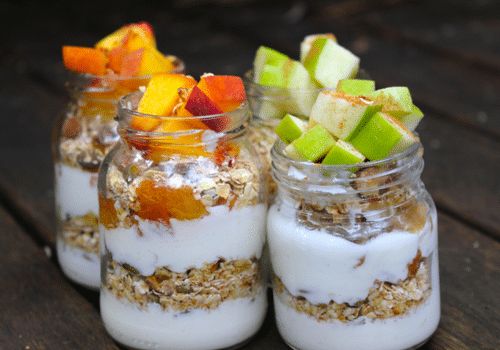
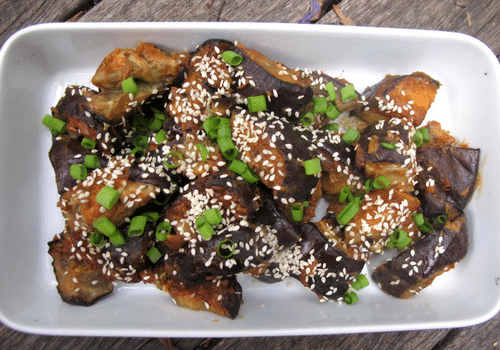 yoghurt
yoghurt
Prebiotics, on the other hand, are a type of fibre that helps to stimulate the growth and survival of good bacteria and discourage the growth of harmful bacteria. They also provide food and optimise the gut environment for probiotics to flourish in (i.e. prebiotics are like food for probiotics). You’ll find these in:
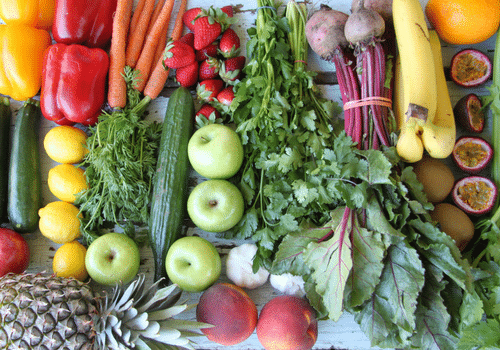
Click here to learn more about probiotics and prebiotics:
Research suggests that gut health is linked to a number of diseases and health conditions. An imbalance of good and bad gut bacteria can lead to toxic byproducts and inflammation in the gut that can contribute to whole-body metabolic problems such as obesity, diabetes and heart disease and even disorders such as depression and schizophrenia. On the other hand, nurturing more beneficial bacteria in your gut can improve the absorption of vitamins, boost your immunity and help regulate your digestive system as well as your mood.
Who would have thought bacteria had such an important and diverse role in our body?!
A healthy lifestyle is the first step to looking after your gut. Although the relationship between our gut microbiome and health is complex, you can make simple tweaks to promote a healthy gut. A good diet including plenty of fibre, regular exercise and adequate sleep will work a charm in helping good bacteria to flourish. Meanwhile, the exact opposites are perfect conditions for harmful bacteria to conquer our guts!

The good news is that your populations of gut bacteria can change rapidly in response to your lifestyle choices – so you can use this to your advantage and be well on your way to a healthier gut quicker than you think! The diversity of gut bacteria is very important because each type of bacteria plays a different (and equally important) role in your health.
The first step is eating a balanced diet that incorporates an array of different foods (especially fruit and vegetables) and minimal amounts of processed foods. For a happy healthy gut, include a combo of high-fibre prebiotic foods (think plant foods) and probiotics (dairy products and fermented foods). Learn about why fibre is so important for gut health in this episode of The Biting Truth Podcast.
Understanding and nurturing your gut health is not just a passing trend; it’s a crucial aspect of overall well-being. By making informed dietary choices and adopting a healthy lifestyle, you can support a balanced gut microbiome, leading to better digestion, enhanced immunity, and improved mood. Remember, taking care of your gut is a journey, and every positive step you take can lead to significant health benefits. So, go ahead—listen to your gut and give it the care it deserves!
—
